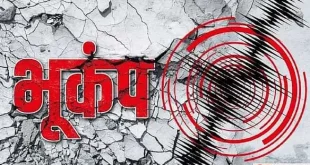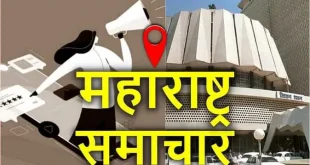
New Delhi: This will be the first time that a government has discussed the agenda for the next term in detail even before the announcement of the upcoming general elections. Yesterday, Prime Minister Narendra Modi's Council of Ministers held a marathon meeting for eight hours.
Discussion on the agenda of 'Wicket India 2047'
In the meeting, not only the agenda of 'Developed India 2047' was discussed but also the agenda of the first 100 days of the tenure of the new government. The Prime Minister also directed ministers to avoid unnecessary statements and deep false statements. This is the last cabinet meeting of the Modi government, because the general elections-2024 are likely to be announced within a week.
Action plan for the next five years
Elections are likely to be held in seven to eight phases from April 2024 to mid-May. Sources said that in the meeting mainly the developed India-2047 vision document and the action plan for the next five years were discussed in detail. Besides, the agenda of the first 100 days of the new government to be formed in May 2024 and the steps to be taken were also discussed.
What is PM Modi's 'Developed India 2047' plan?
For the last few years, PM Modi has been talking about the vision of a developed India in his speeches. The Prime Minister has unveiled his government's action plan to transform India into a developed country by 2047, 100 years after independence.
In the Developed India 2047 roadmap, Modi has focused on the country's major goals, objectives and many plans.
This plan of PM Modi includes many issues like economic development, making people's livelihood easier, ease of doing business, infrastructure and social welfare.
Let us tell you that this meeting of the Council of Ministers was not called suddenly, but preparations for it were going on for the last two years. During this, discussions were held under the leadership of all ministries with state governments, academicians, industry representatives, scientists, scientific institutions and people from civil society.
 look news india
look news india


